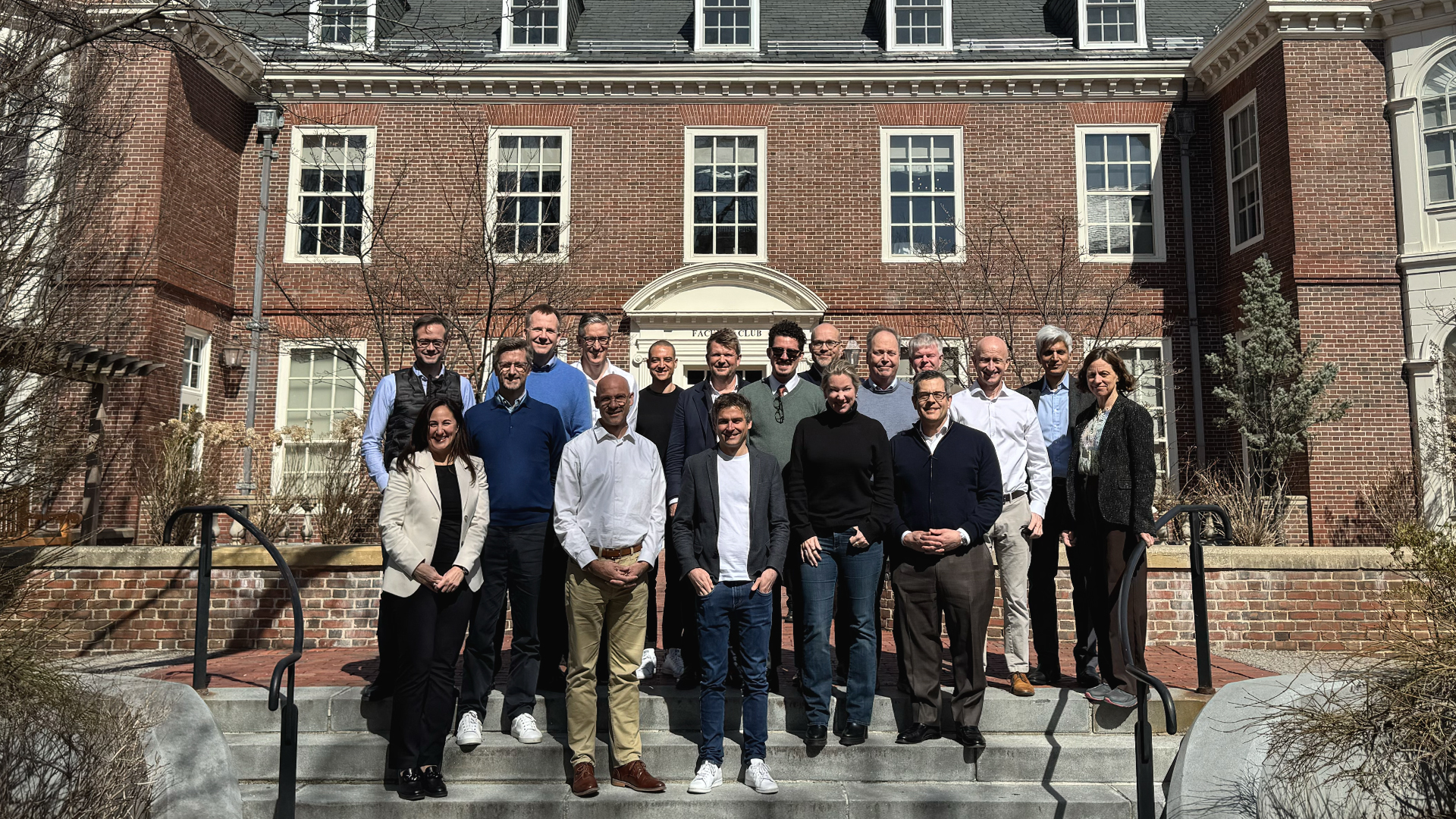Why Businesses Need to be Challenged on Their Social & Environmental Efforts with Tariq Fancy
Tariq Fancy, founder of Rumie Initiative, an education tech company using innovative mobile based micro learning to bring free digital learning and to close learning gaps, last year wrote a manifesto outlining how he had gone from evangelizing sustainable investing for the world’s largest investment firm BlackRock, to criticizing sustainable investing as a dangerous placebo that harms the public interest.
- Podcast
8 min read
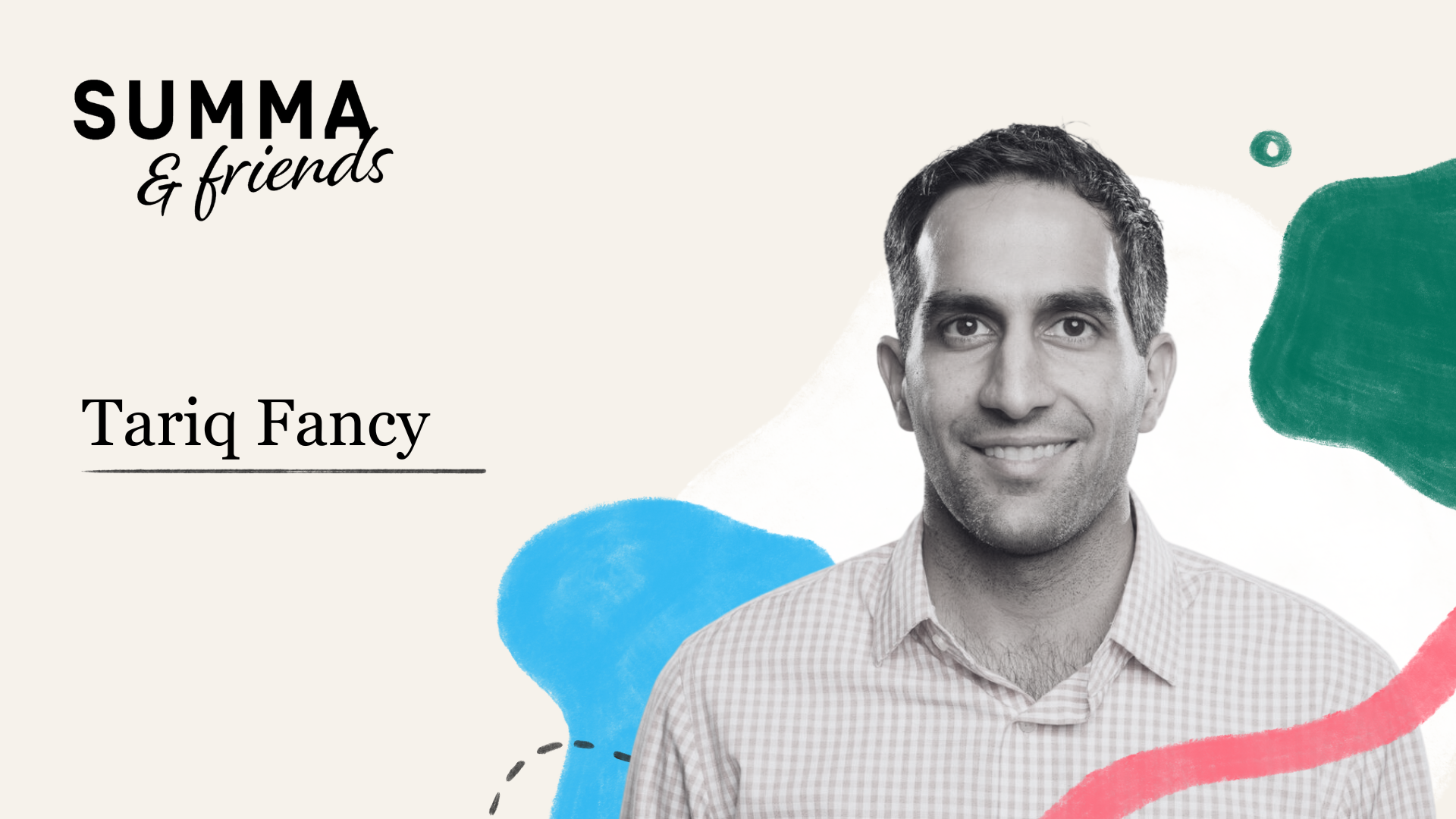
Episode 6
“These are the kinds of difficult conversations that we need to have quickly, because we’re running at a time when the business community has an important role to play in solving social and environmental challenges.”
In doing this, he challenged business leaders to prove him wrong. So why did he do this? Why did he feel he had to poke the hornet’s nest, so to speak, and what reactions did he get from the investment community?
“While I was [at Black Rock], I had reached the conclusion reasonably quickly that most [sustainable investing] was marketing and PR of what was going on in this space, not everything, but the majority was.”
It became very apparent to Tariq that much of what Black Rock and other large investment firms were doing with their sustainable investing efforts was having very little real world impact. But no one was looking into why that was, because, says Tariq, firms like these aren’t on the hook to provide that sort of information.
Comparing climate change to cancer
Tariq recalls telling a friend that he likened investment firms’ ESG activities to giving wheatgrass juice to a cancer patient.
“Let’s say climate change is slowly spreading in the body of the planet or its people. And wheatgrass juice is a nice, green and well marketed health product, but there’s no reason to believe it’ll stop cancer and I thought, well, this is not harmful, but it’s not helping.”
Even worse, concludes Tariq, it’s like giving wheatgrass juice to a cancer patient and they become so enthralled by the marketing promise of the juice that they delay chemotherapy in favor of it.
And that’s what Tariq believes is happening in businesses right now. They’re wasting time greenwashing activities that sound nice, but don’t actually bring about any tangible change.
The need for government regulation
But, says Tariq, the more worrying thing he discovered was that people who saw the headlines around ESG and social purpose said that we don’t need government regulation.
“It’s a bit like advertising aggressively around good sportsmanship being the answer to cleaning up a dirty sport, not referees, even though the sport hasn’t changed in 20 years.”
But in reality, says Tariq, we need systemic regulations across the board. And these need to be mandatory, not voluntary. Because what is actually happening through sustainable investing is actually hurting the environment more than helping it.
The final trigger for Tariq to go public about this greenwashing, was watching the reaction of business leaders to COVID.
Previously business leaders had said you don’t need to regulate businesses because they’ll magically do what’s right, by themselves, because it’s in their best interest too. But when COVID hit – another systemic crisis – the business leaders who had previously all believed in the free market theories to flatten curves around emissions and prevent climate change, all of a sudden changed their tune and started demanding government regulations and intervention to flatten the COVID curve.
“I noticed that the same leaders who, for a long term crisis that was not aligned with their short term incentives, were quite happy to kick the can down the road, even against the advice of an expert, Nobel Prize winning economist. But for COVID, they were saying, ‘we need to do something’.”
Sparking the debate and rocking the boat
Another of Tariq’s justifications for going public was that he believed the messaging coming out of the large firms, out of the industry as a whole, was disadvantageous to their younger employees.
“If you think about it, if you have a short term economic system that is exploiting the environment and finite natural resources for short term gain, you’re creating a long term problem.”
This debate, says Tariq, needs to happen in the business community, because politicians can’t be relied upon to make the necessary changes, especially not when it’s campaign season and politicians are motivated by campaign finance.
Writing the essay and the response to it
Having worked previously in hedge funds and private equity, Tariq understood how messages spread on Wall Street: you could write the best research paper in the world, but very few people are likely to read it, even if you bullet point the summary takeaways at the top of the report.
But if you write a human interest story that has gossip and intrigue, you’ll get more people to read it. And so Tariq decided to write his essay as a story, giving it a chance of going viral. And that’s just what happened.
It started spreading widely, to a very mixed response. But what surprised him the most was that the people he thought would respond, didn’t
“The goal was to get accountability and spark a debate with Jamie Dimon and Larry Fink. But it’s just not in their interest to have a debate. That part was a bit disappointing, because it’s hard to change the narrative if you can’t surface and hold to account the dominant one that’s backed by billions of dollars of marketing.”
The ones who embraced the debate early are probably not the ones doing the greenwashing, says Tariq. But there is a debate emerging, and the most interesting thing is that the players who are doing the right things have the ingredients necessary to make change.
The challenge remains, though, that at the large firms, people there can’t actually say they agree with what’s being said publicly, because it runs against the interests of the firm overall.
The difference between ESG and an impact
Impact, says Reynir Indahl, is about creating outcomes, whereas ESG does not focus on outcomes. ESG is a better way to understand risks and other things like driving outcomes.
“The reason the world is talking about ESG so much is because the public wants to see more done in environmental and social issues, in particular climate change and inequality. And so I think that’s the big reason that it’s grown.”
Relationship between purpose and profit
Purpose in an organization is important, says Tariq, but to change the economy in a meaningful way won’t happen overnight by simply changing your purpose.
Which is where the issue lies, because for smaller organizations who can react quickly and bring about change, they can do something, whereas for the KPMGs of the world, they can’t change their stripes overnight, and expecting them to do so is the reason why much of their ESG efforts are largely marketing.
“I’m not sure that Greta Thunberg is an expert on capitalism for financial markets. But she’s very right to say that I don’t know exactly what’s going on. But I see leaders saying one thing, and then another thing actually happening, and you get a lot of people really jaded.”
Changing the narrative
One of the biggest things that Tariq is optimistic about is the changing of the narrative not on a product, or country, or system, but a changing of the broader narrative on how capitalism should be organized.
“For many years, we think we’re seeing capitalism, but I would argue we’re seeing neoliberalism, which is a version of capitalism that has an extreme faith in the markets to solve all problems. And this is the important part – even without the government guiding it.”
COVID has helped drive the idea that governments need to lead on climate change. By holding companies accountable for playing their part, we might see success with climate change.
“The more you have people realizing that systemic crises require systemic solutions, flattening the curve requires inconvenient changes today, to avoid the curve getting out of control.”
So what does the world need most right now?
An honest debate about what’s going to be required to address the environmental and social challenges we face. This debate will be difficult because we need to be honest about the areas which require sacrifice, where what is required could go against our own short term interests, but it’s the right thing to do.
But, says Tariq, his gut tells him that hasn’t happened yet.
“We’re not having that debate [now] because a lot of what’s happening is preserving the status quo. And I think that the fact that that debate is starting is great. But I think we need to push faster, because it’s a clutter of misinformation that’s going to slow our response.”
The most important takeaway, says Tariq, is that people feel emboldened to speak up and take part in the debate. Especially younger employees, who may not have the courage to put pressure on their CEOs and senior management, who can be less incentivized to make substantive changes, because their incentives are usually short term.
The Summa Summarum newsletter
Sign up to our newsletter
Latest readings
News
The case for scalable regenerative agriculture
Read more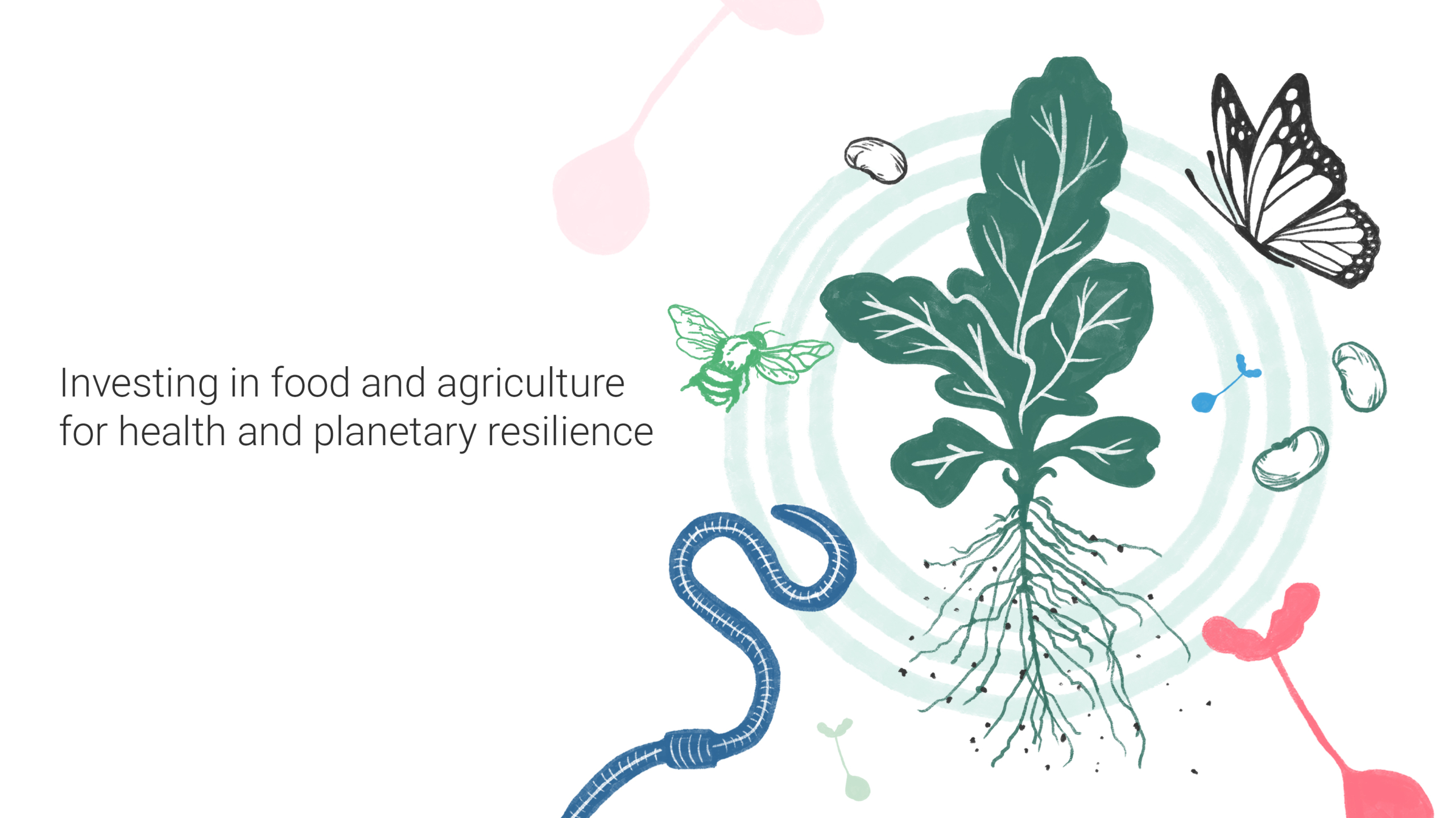
Investing in food and agriculture for health and planetary resilience
Read more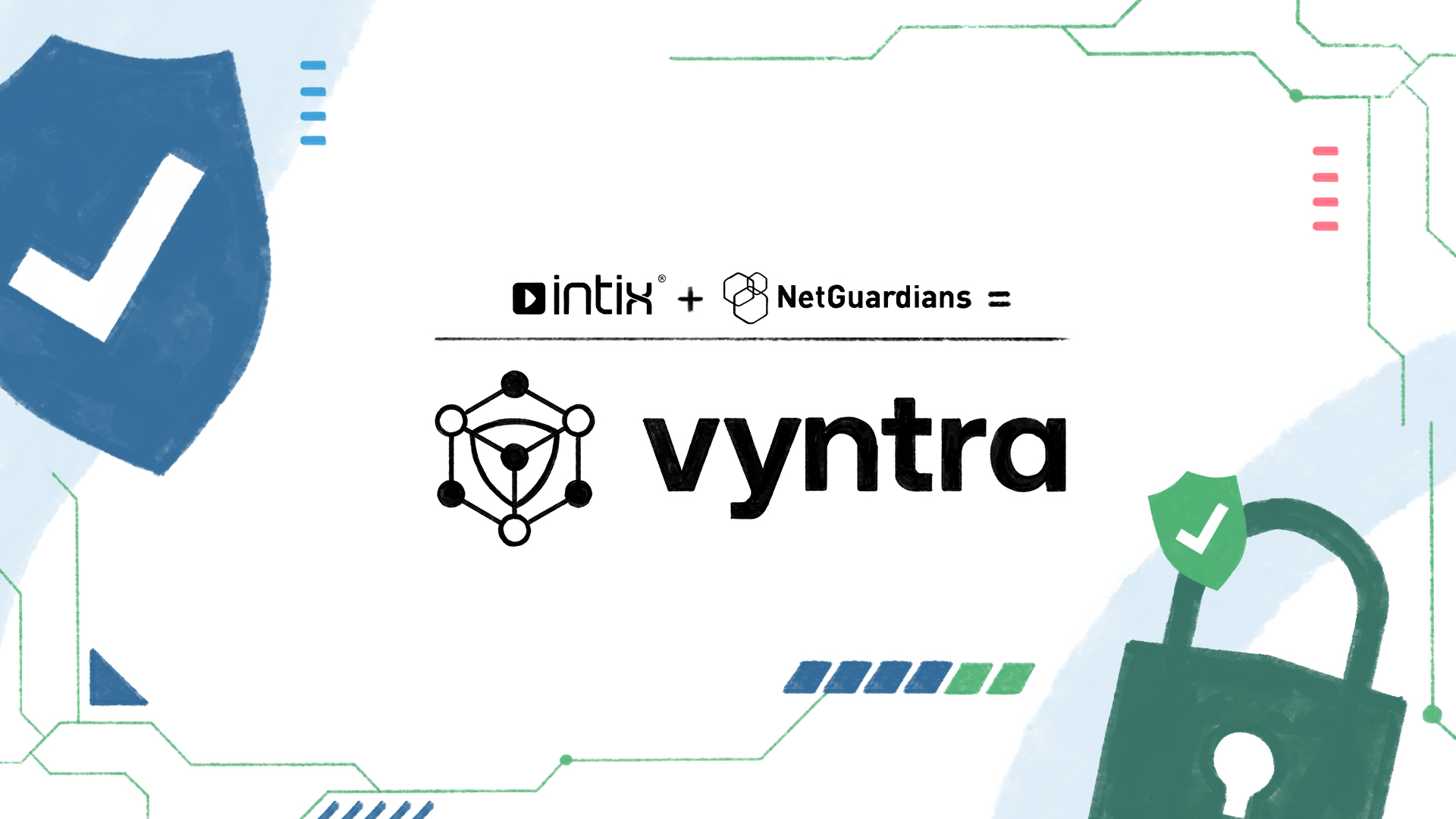
NetGuardians and Intix unite to form Vyntra
Read more
Planetary boundaries as a guiding framework for sustainable growth
Read more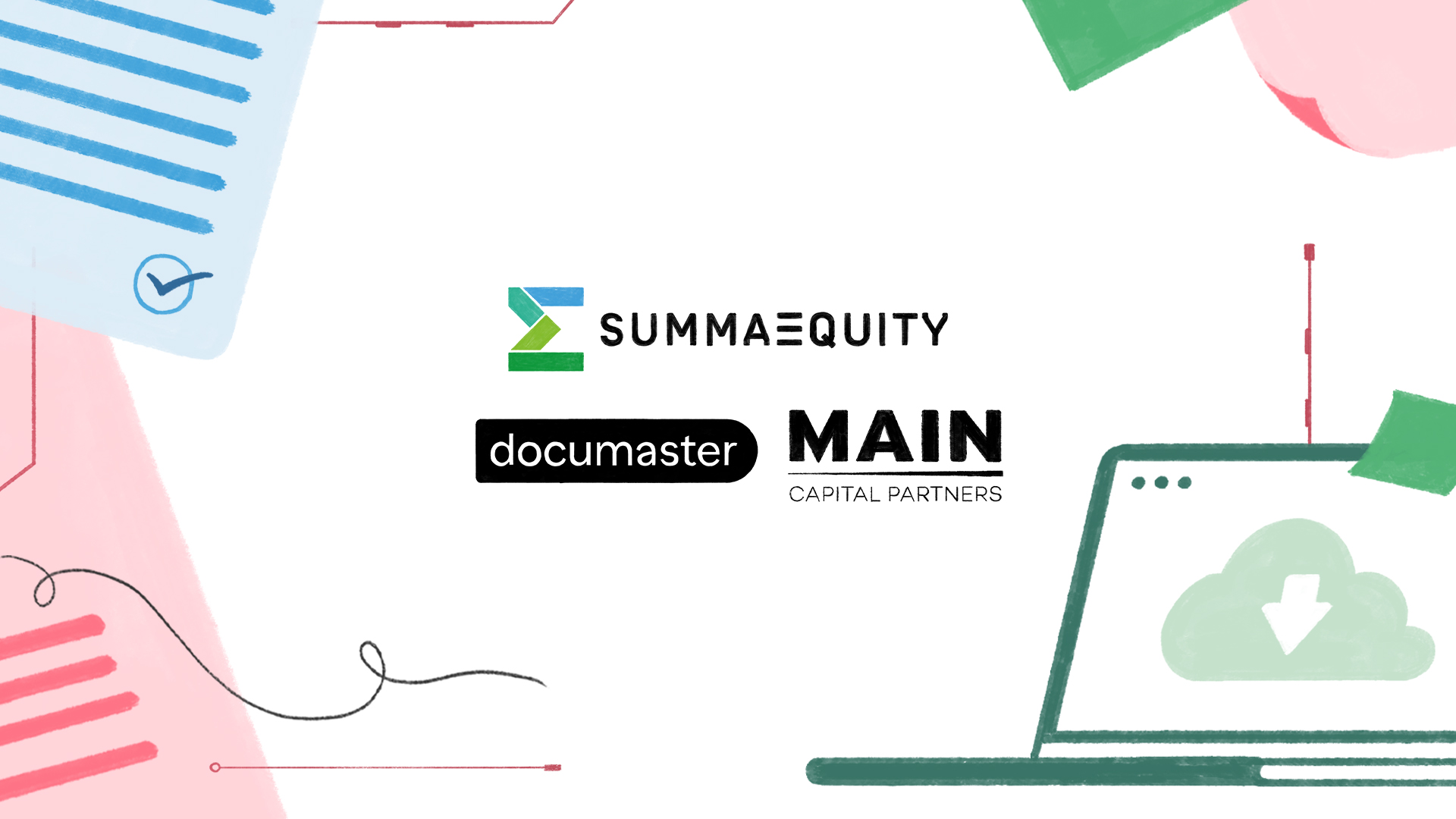
Summa Equity announces exit from Documaster
Read more